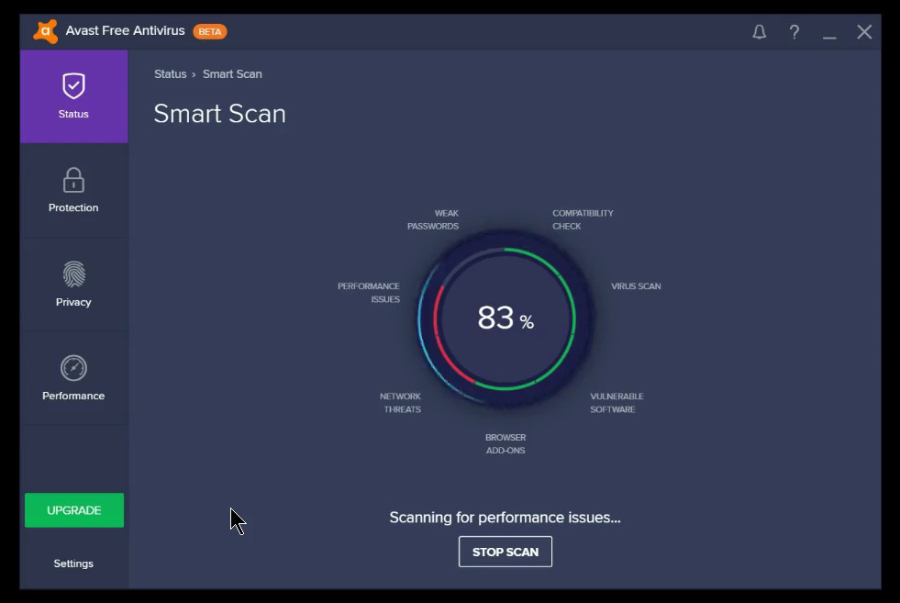
Typically, a phone virus works the same way as a computer virus: a malicious code infects your device, replicates itself and spreads to other devices by auto-messaging others in your contact list or auto-forwarding itself as an email.Ī virus can limit your phone's functionality, send your personal information to hackers, send your contacts spam messages linking to malware, and even allow the virus's operator to "spy" on you by capturing your screen and keyboard inputs, and tracking your geographical location.
#Can avast malware scan android
Like personal computers, phones can be compromised by malware.įor example, the Hummingbad virus infected 10 million Android devices within a few months of its creation in 2016, and put as many as 85 million devices at risk. And four in ten mobiles worldwide are vulnerable to cyber attacks.īut how do you know if your phone has been targeted? And what can you do? How does a phone get infected? According to a global report commissioned by private company Zimperium, more than one-fifth of mobile devices have encountered malware. There's a decent chance that at some point you've installed malware that infected your phone and worked (without you noticing) in the background. The spam messages we get on our phones via text message or email will often contain links to viruses, which are a type of malicious software (malware).



Last year, cyber security company Kaspersky detected nearly 3.5 million malicious attacks on mobile phone users. With nearly 84 per cent of the world's population now owning a smartphone, and our dependence on them growing all the time, these devices have become an attractive avenue for scammers.


 0 kommentar(er)
0 kommentar(er)
